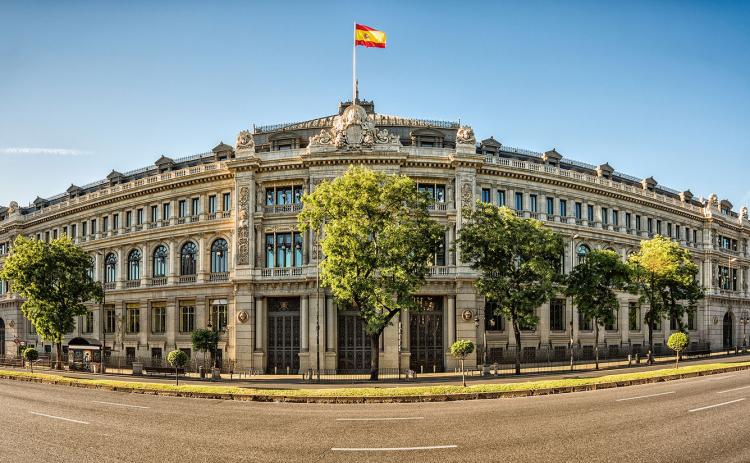In the face of the growing interest of small investors and the risks associated with the cryptocurrencies, the Deputy Governor of the Bank of Spain, Javier Alonso, thinks it is urgent that the supervising authorities adopt adequate measures that would regulate the cryptocurrency sector in Spain.
According to the information published by local media, the representative of the Spanish central bank urged the authorities to take a definitive stance and expressed his concern regarding the repercussions the investment in this type of assets could have on the financial stability. On the other hand, he admitted the investments in cryptocurrencies were still low and represent barely 1% of the global GDP, especially when compared to traditional investments on the stock market.
Likewise, Javier Alonso issued a recommendation to the authorities to take relevant measures without losing the flexibility to take advantage of the potential benefits of the blockchain technology related to the cryptocurrencies.
In a discussion about regulations, the representative of the Bank of Spain also pointed out that topics such as the protection of the client, the integrity of the market, the tax evasion and the elusion of control when it comes to money laundering and the relative volatility of the cryptocurrency market.
When referring to the volatility of the cryptocurrency market, Alonso said the changes from the appearance of Bitcoin back in 2009 until now were enormous. We have more than 1,500 cryptocurrencies on the market at the moment and a value that multiplied last year. However, he also mentioned the losses that were suffered due to the fluctuating price, together with operative failures and other cybernetic threats.
Nevertheless, the growth of the cryptocurrency sector brought new ways for their commercialization as a consequence. He mentioned the Contract For Differences (CFD) and the futures contracts and swaps as methods that allow a greater diversity of use for the cryptocurrencies, but they also expose the economies around the world to greater risks.
When it comes to the intermediaries participating in the ecosystem and offer new financial services, the Deputy Governor of the Bank of Spain believes they could help reduce costs and improve the quality and efficiency of many processes of the traditional entities.
Javier Alonso also thinks it would be necessary to revise the current normative frame in order to determine what type of reforms are required to establish the requirements that these new participants need to fulfill or the form to supervise aspects such as the security, the protection of the data and the protection of users. To that end, the banker pointed out the importance of improving the level of information and knowledge about this topic.
In February this year, the National Securities Market Commission of Spain and the Bank of Spain issued documents in which they evaluated the situation related to the initial coin offerings (ICOs) and the cryptocurrencies in the country.
The two entities issued recommendations to the public and the participants in the financial sector, warning them about possible scams and pointing out the risks and the lack of regulation for this type of investments that make it difficult to take legal actions.
Since January, the commission has been announcing it would find a way to regulate the use and trade of the cryptocurrencies and the ICOs in the country. The authorities consider they should use the existing regulations as a guideline when creating new legislation. Nevertheless, the regulations are still being discussed and the authorities have not yet published any clear measures or actions.




